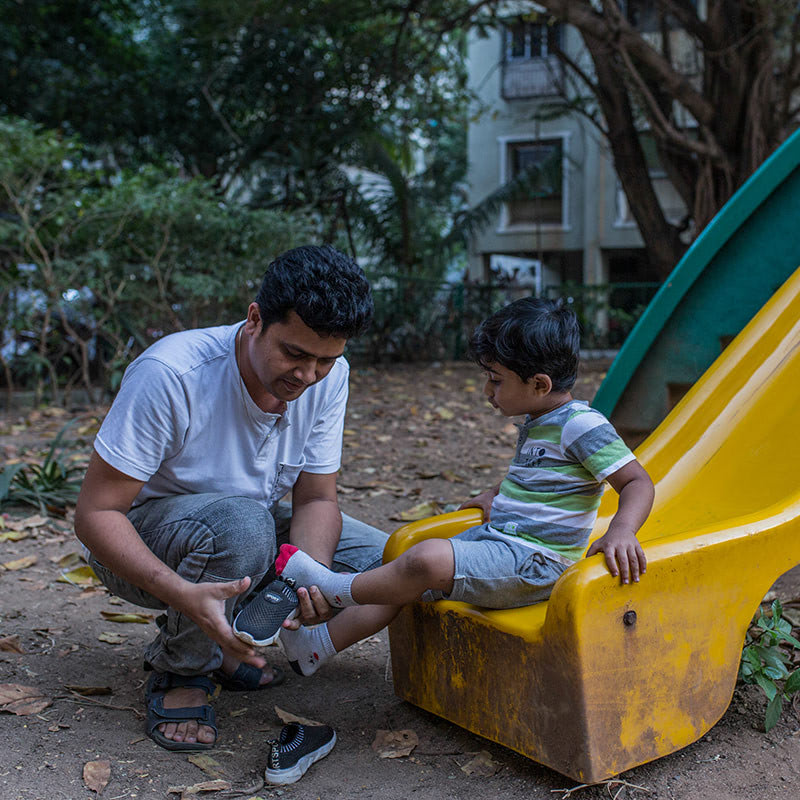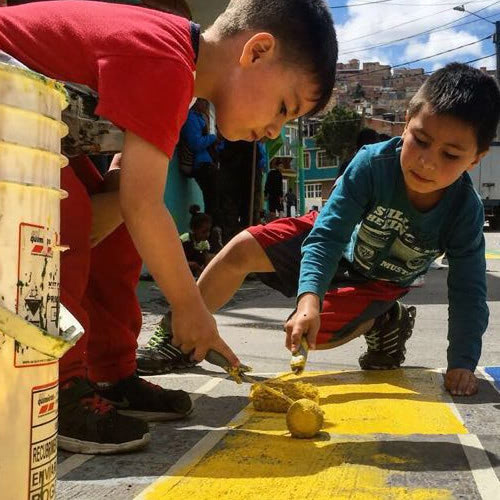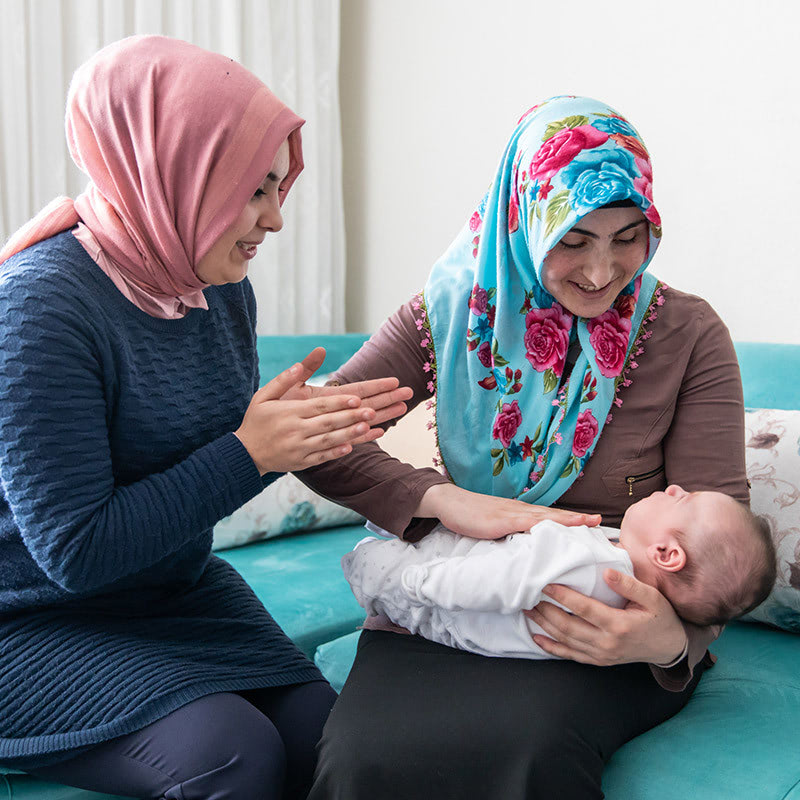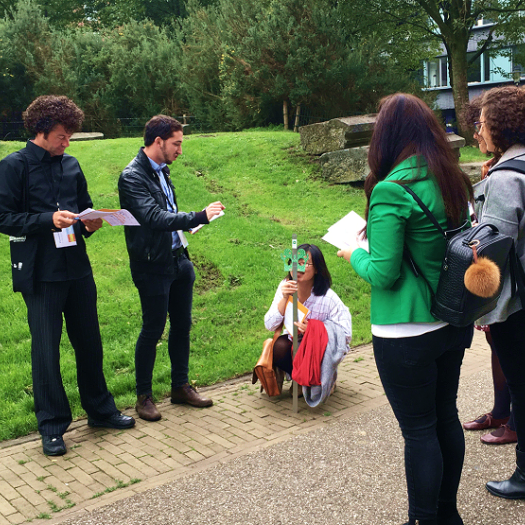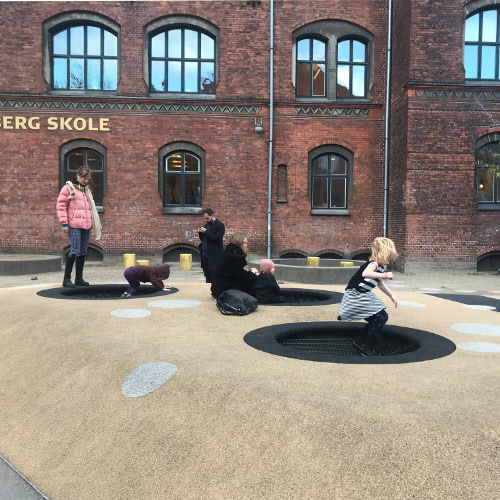When India’s “smart cities” mission announced its ranking of applicants for support in 2016, Bhubaneswar – the capital of the Indian state of Odisha – topped the list. Having worked with Bhubaneshwar over several years on improving the quality of life of infants, toddlers and caregivers through urban planning, design and policy, we are now working with the Smart Cities Mission on guidelines and training for 100 smart cities across India.
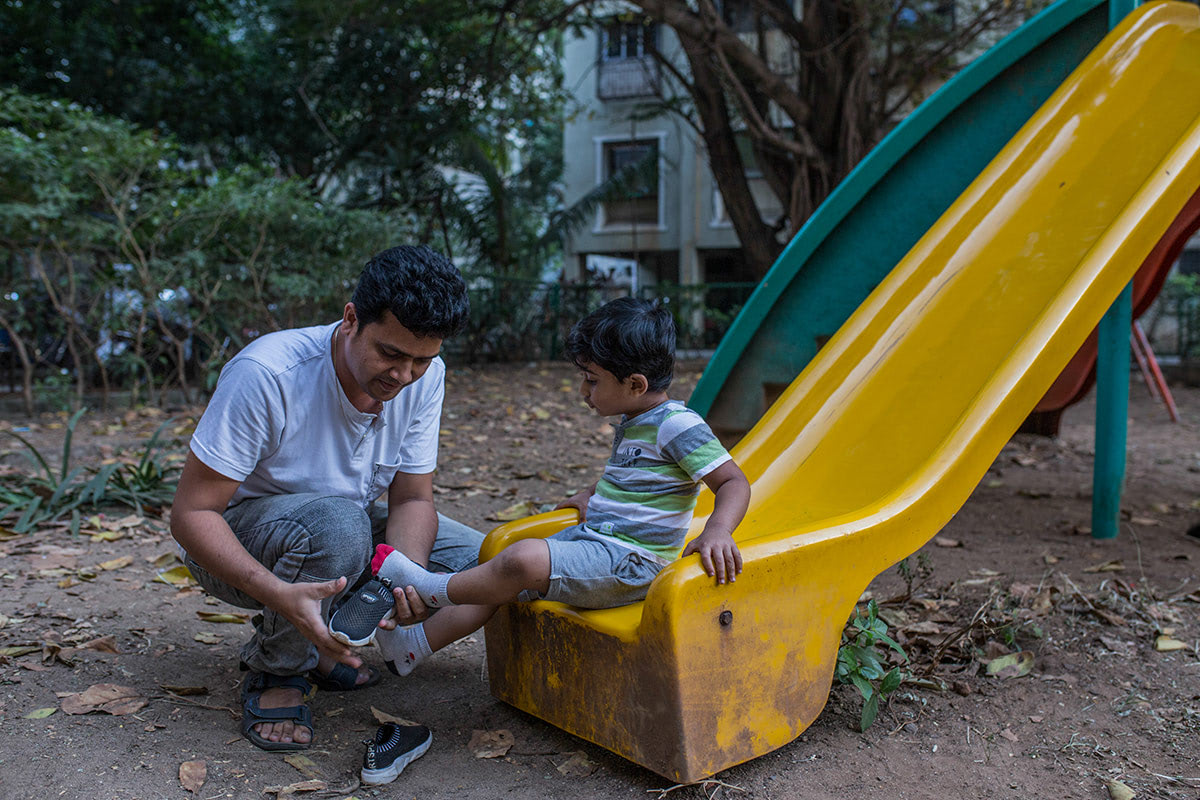
Growing up in an urban India
The challenges of growing up in Bhubaneswar mirror those of many cities in India: rapid and chaotic growth concentrated on informal, slum settlements with inadequate infrastructure; open defecation; parks not being accessible; lack of footpaths, streetlights, and safe places to cross roads; and children in some neighbourhoods needing to use public transport, which is not child-friendly, to get to the nearest school.
Together the Foundation and the Bhubaneswar Development Authority – which is responsible for the city’s development – opened a Child-Friendly Smart City Centre, to provide technical support and build the capacity of planners and municipal staff. The city gathered data to map the number of children in each ward and the services available, and initiated projects such as constructing six new parks, redesigning four informal settlements and improving safety on the eight-lane thoroughfare Janpath Road.
Spreading child-friendly ideas across India’s Smart Cities
Building on our experiences in Bhubaneswar, the Foundation has been working with the Delhi-based National Institute of Urban Affairs to produce resources that can help urban planners to reflect young children’s needs as cities regenerate and grow. With our support, the NIUA coordinated a study tour to London in October 2018 for participants from Delhi and Bhubaneswar.
As well as starting to work with the Smart Cities Mission on training guidelines, in 2018 we formalised Urban95 partnerships with two new cities: Pune and Udaipur. In each case we have committed to work with the municipal government for an initial period of 12 months on data collection and management, policy and guidelines, pilot and demonstration projects, parent support, training, and capturing and disseminating knowledge.
